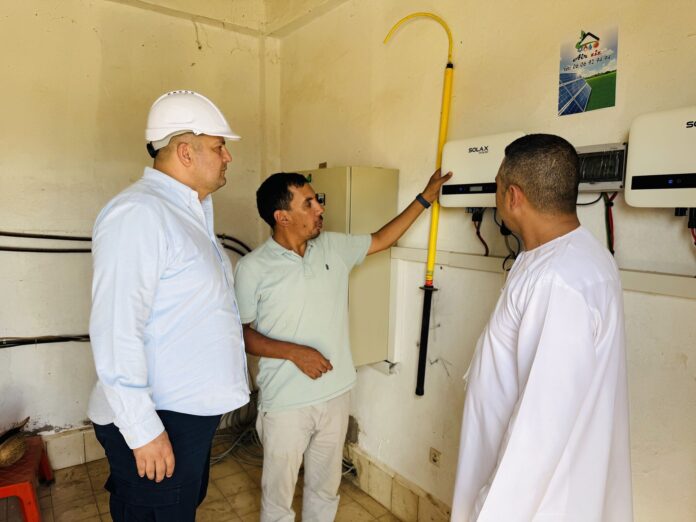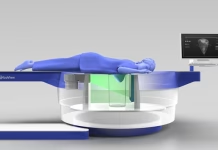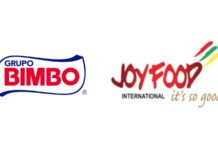Under the blazing sun of Erfoud in southern Morocco, a groundbreaking desalination facility has just begun operations, offering a concrete solution to the agricultural challenges facing arid regions. What sets this project apart is its complete reliance on solar energy, providing a sustainable way to irrigate crops without tapping into fossil fuels.
The initiative is the result of an international collaboration between Moroccan, Chinese, and French partners, who together developed a system capable of transforming brackish water into fresh irrigation water through reverse osmosis powered entirely by solar panels. This innovative setup provides local farmers with a much-needed water source while aligning with global efforts to cut carbon emissions.
Launched in 2020, the project reflects a commitment to innovation tailored to the harsh ecological conditions of southern Morocco. The desalination technology, originally designed in Chengdu, China, was built specifically to withstand the extreme heat and aridity of desert environments. After successful trials in Asia, the system has now been implemented in Morocco, where early harvests are already proving its effectiveness on the ground.
The results are striking. Date palms, moringa, olive trees, barley, and mimosa are thriving thanks to a night-time irrigation system designed to minimize energy consumption, combined with soil enrichment techniques that help maximize yields. In a place where every drop of water matters, this approach not only boosts agricultural productivity but also conserves precious water resources.
A key figure behind the project’s success is Dr. Joe Qiu from the QT Group, whose research and development work was instrumental in creating a reliable and cost-effective system, built entirely with equipment supplied by Chinese partners. Four years into operation, the reverse osmosis membranes are still performing strongly, offering long-term durability that is essential for local farmers’ livelihoods.
The project’s success also rests on the dedication of local teams, particularly those from the Tifina estate, and the solar expertise of Ibrahim, whose photovoltaic solution keeps the facility running independently. The broader vision is ambitious: to create a scalable model that could soon be replicated across the Sahel and in Gulf countries through new regional partnerships.





